Soline Chanet publishes a book chapter
Congratulations Soline on the publication of a book chapter Mechanical Force Sensing in Tissues!
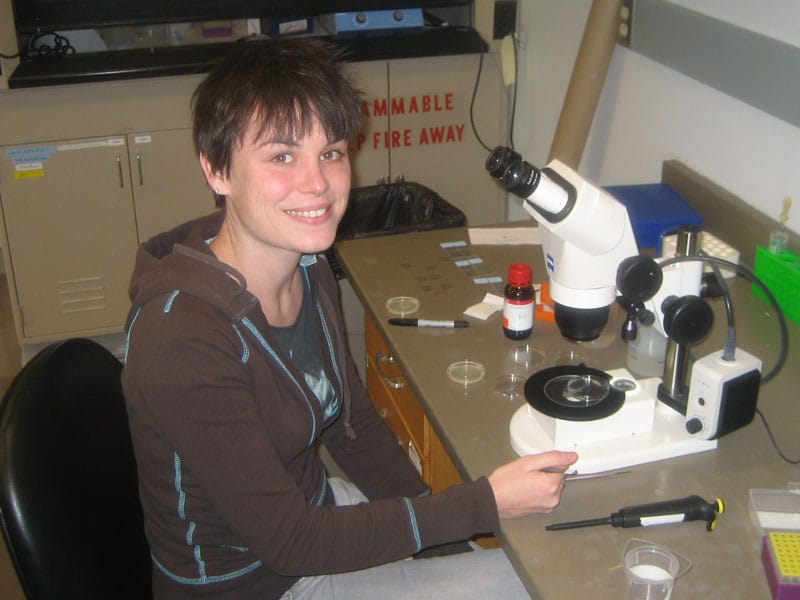
Congratulations Soline on the publication of a book chapter Mechanical Force Sensing in Tissues!
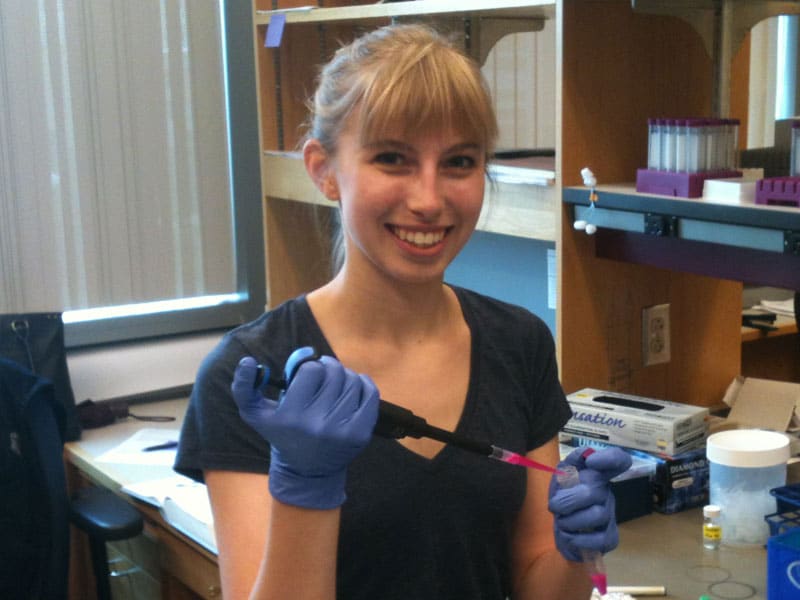
Biology graduate student, Natalie Heer, joins the lab. Natalie received her undergraduate degree from Harvard University where she worked in the Reck-Peterson lab on dynein motility.
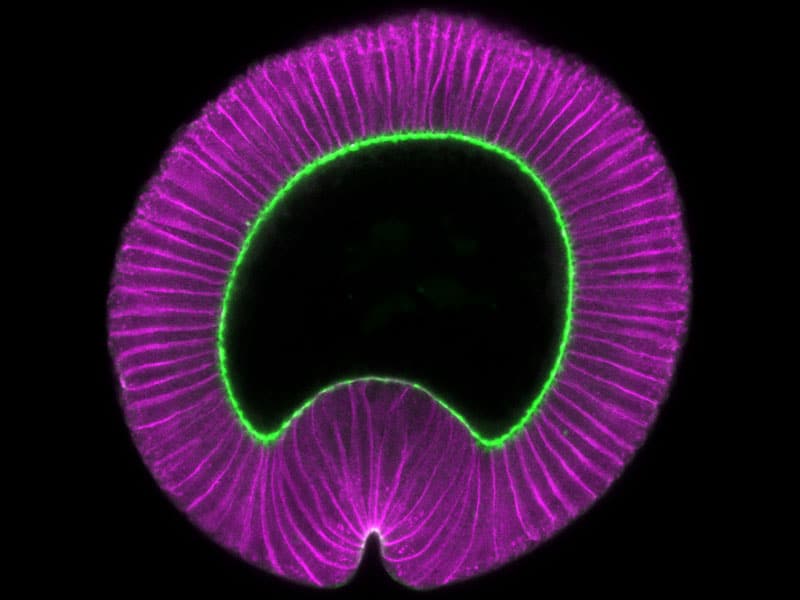
Congratulations to Hannah Yevick and Clint Ko on submitting their papers. You can read Hannah’s paper titled Structural redundancy in supracellular actomyosin networks enables robust tissue folding, and Clint’s paper titled Microtubules stabilize intercellular contractile force transmission during tissue folding on BioRxiv.

Biology graduate student, Clint Ko, is joining our lab. Clint was an undergrad at Cornell University where he worked on plant development. We are happy he has turned to the fruit fly for his next system.

Juana De La O comes to us from the University of Chicago and the MIT Biology PhD program.
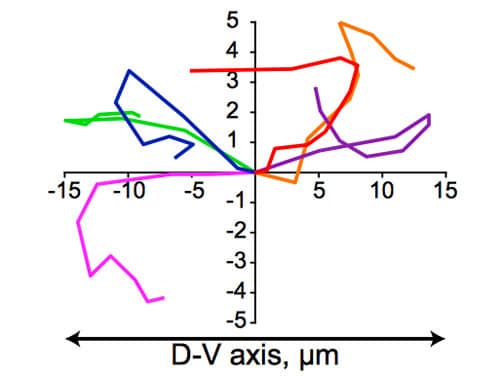
Congratulations Jeanne Jodin, for publishing her work “Stable Force Balance between Epithelial Cells Arises from F-Actin Turnover” in Developmental Cell. Jeanne showed that stable force balance between cells in a tissue requires robust actin filament turnover. The paper was also highlighted by the journal. Read the paper and the highlight article.
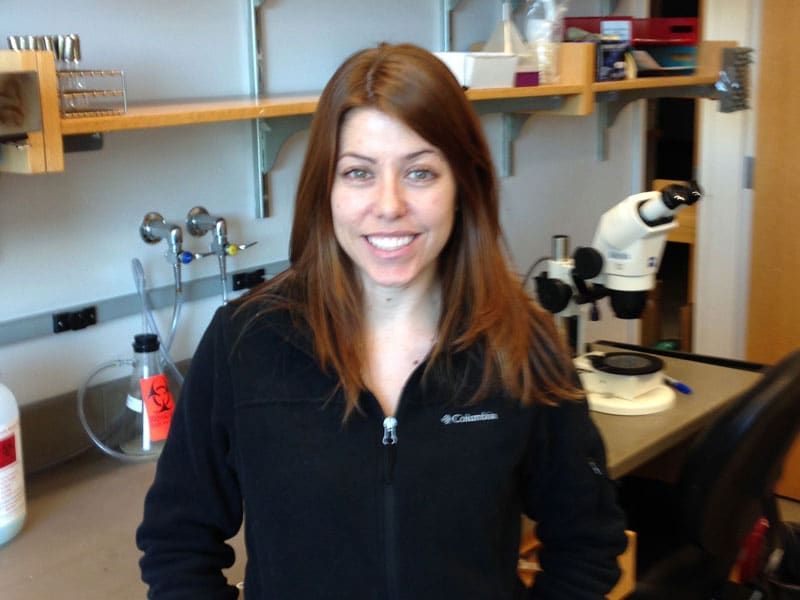
Congratulations to Jeanne Jodoin, who was awarded a prestigious NIH F32 postdoctoral fellowship.